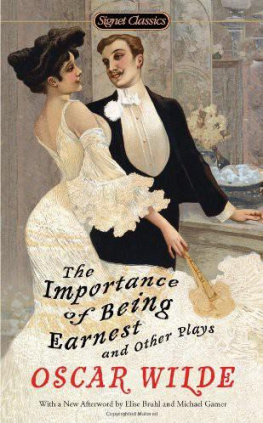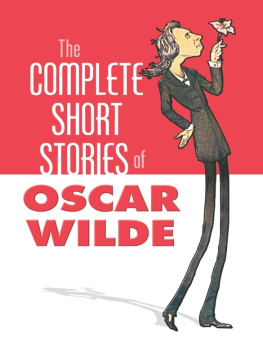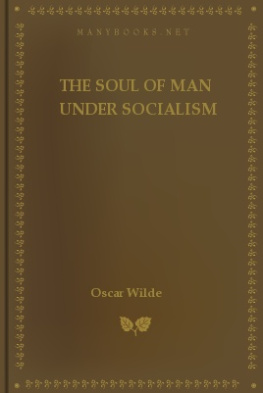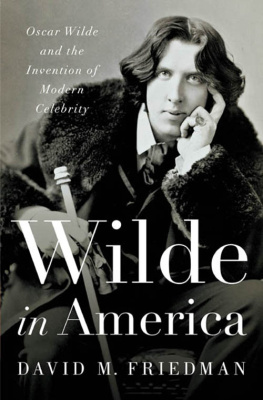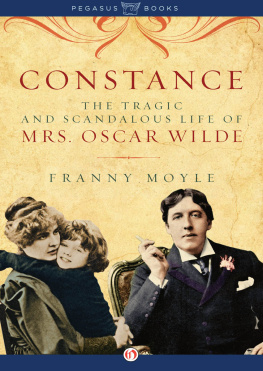SCANDAL
Published as print on demand and in various ebook formats in Great Britain in 2016 by the Real Press.
The moral right of David Boyle to be identified as the authors of this work has been asserted by them in accordance with the Copyright, Designs and Patents Acts of 1988.
Some rights reserved. No part of this publication may be reproduced, stored in a retrieval system or transmitted in any form or by any means, electronic, mechanical or photocopying, recording, or otherwise for commercial purposes without the prior permission of the publisher. No responsibility can be accepted by the publisher for action taken as a result of information contained in this publication.
ISBN: 978-0955226373 (print)
eISBN: 978-1682228951
Cover design by Hodge Creative Ltd.
In memory of my Irish forebears
Contents
It was Saturday 6 April 1895. The weather was windy and drizzly as the passengers packed onto the quayside at Dover to catch the steam packet to Calais, due on the evening tide. Perhaps it was packed that night because of Easter the following week. Perhaps it wasnt as packed as some of the witnesses claimed later, or the downright gossips who werent actually there. But it was still full. Those waiting on the quay wrapped up warm against the chilly Channel breeze and eyed each other nervously, afraid to meet anyone they knew, desperately wanting to remain anonymous.
Among those heading for France that night was an American, Henry Harland, the editor and co-founder of the notorious quarterly known as The Yellow Book, the journal of avant garde art and writing which had taken England by the scruff of the neck in the 1890s. Harland had come to Europe with his wife Aline, pretending to have been born in St Petersburg and planning to live in Paris, but had instead made his London flat, at 144 Cromwell Road, the very hive of excitement in the literary world. Henry James, Edmund Gosse and Aubrey Beardsley came and went. The parties were talked about with awe and excitement. Henry and Aline always spent the spring in Paris, so they were not leaving the country suddenly and in desperation, but it dawned on them that the reason the quayside was so packed that night was because many others were.
The name of the ferry the Harlands boarded has been lost to history. It was probably the Victoria her sister ship the Empress had been badly damaged in a collision the month before and was now in dry dock. There she heaved beside the sea wall, as the muffled passengers filed up the gangway, her twin rakish masts and her twin funnels belching smoke, her two paddlewheels poised to drive across the worlds busiest sea lane at 18 knots, her stern flag flapping in the wind with the insignia of the London, Chatham and Dover Railway.
Harland had a good idea why the ferries were full, though he was still surprised. He was also aware of at least some of the implications for himself. Oscar Wilde had been arrested for gross indecency that evening, having lost his libel action the day before. The news of the warrant for his arrest was in the evening papers, and included the information that Wilde had been arrested while he had been reading a copy of The Yellow Book (this was quite wrong, in fact; he was reading Aphrodite by Pierre Louys). Harland could only guess the motivations of those who were now suddenly crowding across the English Channel, but it looked remarkably like fear. They huddled in corners in the stateroom downstairs, out of the wind, damp and smuts, wondering perhaps whether they would ever see their native land again.
There was an unnerving atmosphere of menace that evening. One item in the evening papers implied that the nation was perched on the edge of a scandal that would make the establishment teeter. If the rumours which are abroad tonight are proved to be correct we shall have such an exposure as has been unheard of in this country for many years past.
Did it mean the exposure would reach those who run the nation, or did it mean something even more terrifying that the exposure would spread downwards through society? As the passengers knew only too well, the combination of events which they had feared for a decade had now come to pass. It had been a few months short of ten years since the so-called Labouchre amendment had been rushed through the House of Commons, criminalising homosexual activity of any kind between men. It was never quite clear why women were excluded there is no evidence for the old story that Queen Victoria claimed it was impossible. For ten years now, they had watched the rising sense of outrage at the very idea of homosexuality though the term was not yet in common use and had realised that there might come a time when that law was enforced with an unsurpassed ferocity.
It wasnt that they necessarily had anything to be ashamed of quite the reverse but they had reputations to be lived down, some event in their past or some unfortunate relationship behind them. Now that public concern had turned to what looked like public hysteria, they clearly had to be vigilant. They did not want to be accused, as Oscar Wilde was accused, by a violent aristocrat of doubtful sanity, and would then have to respond in the courts or the press. They could not face the fatal knock on the front door from a smiling acquaintance who would turn out to be a dangerous blackmailer.
But now the unthinkable had happened. Wilde had been stupid enough to sue the Marquess of Queensberry for libel, and had lost. The public had driven each other into a crescendo of rage and it seemed only sensible to lie low in Paris for a while. Or Nice or Dieppe, or the place where the British tended to go in flight from the law Madrid. Anywhere they could be beyond the reach of the British legal system.
As we shall see, one of those who fled, as I discovered during the research that led to this book, was my own great-great-grandfather escaping for the second time in a just over a decade, in a story that my own family had suppressed for three generations.
*
It is no small matter to flee your home and go abroad, especially to do so within the space of a few hours to gather your belongings and make arrangements for your property or your money. As it is, escape was only a solution available to those wealthy enough to flee. It is even tougher perhaps for those in some kind of unconventional relationship, ambiguous to the outside world but perhaps not ambiguous enough aware that the decision to go was probably irreversible. It might look like an admission of guilt.
On the other hand, what might happen when the newspapers could unleash this kind of bile? What would happen when they had successfully gaoled Wilde with hard labour and turned on his friends, and anyone else who looked unusual? What would happen if the rumours were correct and the scandal would shortly engulf the government and royal family? Harland did not know at this stage that, when the news about The Yellow Book became clear on Monday morning, a mob would gather outside the offices of his publishers Bodley Head, and would break all the windows. It killed The Yellow Book and it nearly killed me, said publisher John Lane later.
We know now that, in the event, the threatened conflagration did not take place, but in the remaining 72 years while Section 11 of the Criminal Law Amendment Act, the Labouchre Amendment, stayed on the statute books, 75,000 were prosecuted under its terms, among them John Gielgud, Lord Montagu and Alan Turing. Many thousands of lives were ruined Turing committed suicide not long afterwards, having been forced to undergo hormone treatment that made him grow breasts.

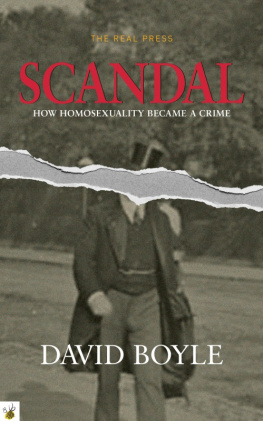
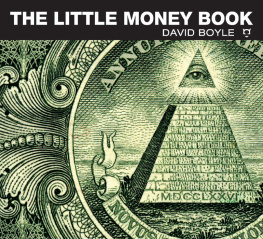
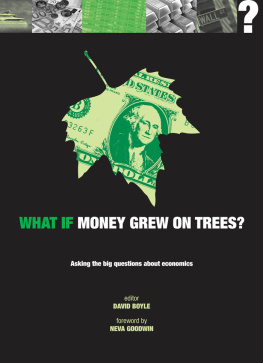
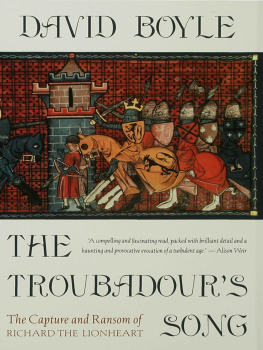

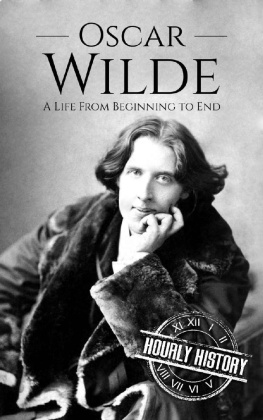
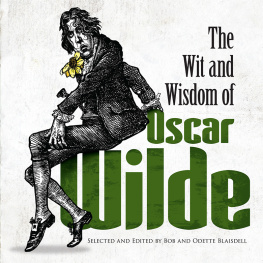
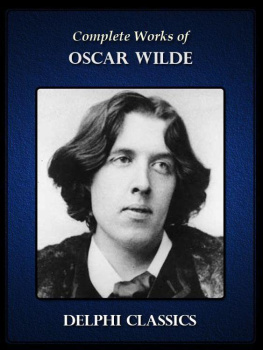
![Wilde Oscar - The secret life of Oscar Wilde: [an intimate biography]](/uploads/posts/book/228457/thumbs/wilde-oscar-the-secret-life-of-oscar-wilde-an.jpg)
